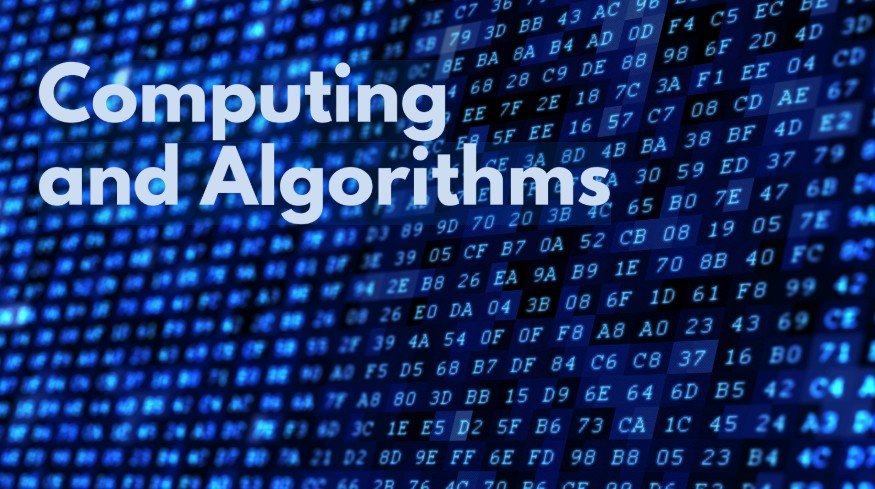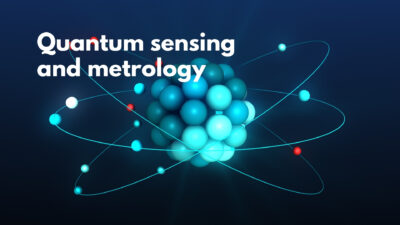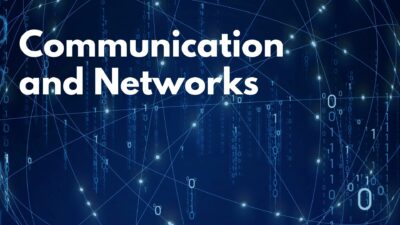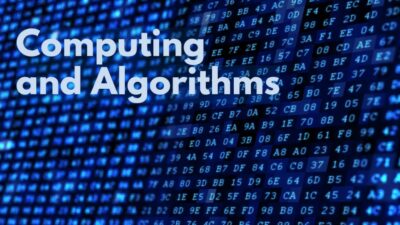The article discusses the fundamental principles of quantum mechanics that enable quantum computing, focusing on quantization, superposition, and entanglement. These quantum properties allow qubits to process information in ways that classical bits cannot, potentially enabling quantum computers to solve complex problems much faster.
Quantization refers to the discrete energy levels of particles like electrons, which can be used to represent binary data (0s and 1s). Superposition allows qubits to exist in multiple states simultaneously, enabling parallel processing. Entanglement creates a special correlation between qubits, where measuring one instantly determines the state of the other, regardless of distance.
However, these quantum properties are fragile. Superpositions are easily disrupted by noise, leading to errors. Entangled qubits also decohere quickly, limiting the number of qubits that can be used effectively. Researchers are exploring various physical systems (ions, superconducting circuits) to create stable, long-lived qubits that can be manipulated and entangled.
The article emphasizes that while quantum computing holds great promise, significant technical challenges remain in creating practical, large-scale quantum computers. Current research focuses on developing better qubit technologies and error correction methods to overcome these challenges.
Source: https://www.nist.gov/physics/introduction-new-quantum-revolution/strange-world-quantum-physics
Keywords: Superposition, Qubits, Entanglement, Decoherence




